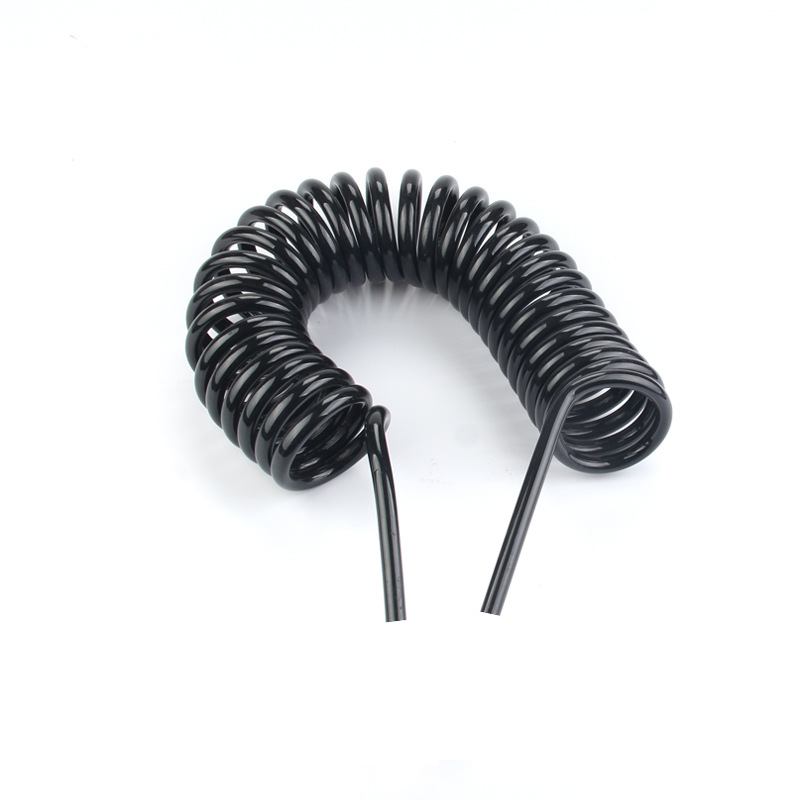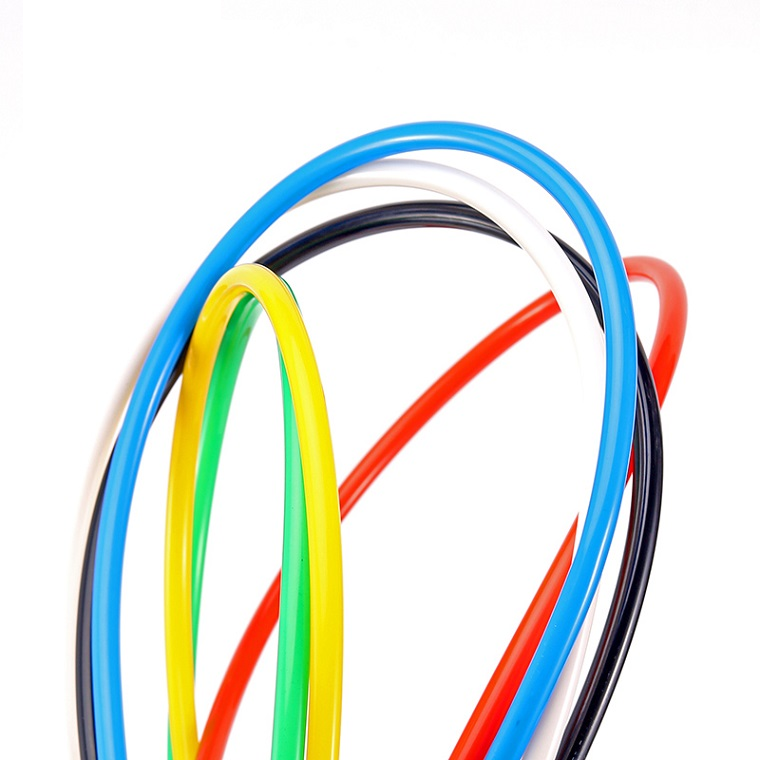Table of Contents
ToggleIntroduction: Understanding Nylon Tubing
Nylon tubing is a versatile, lightweight, and durable synthetic material widely used in pneumatic, hydraulic, and fluid transfer applications. Made from polyamide resin, it offers excellent strength, chemical resistance, and flexibility, making it a preferred choice in industries like automation, automotive, and manufacturing. Whether for compressed air, hydraulic fluids, or liquid dispensing, nylon tubing provides a reliable and cost-effective solution.
Key Properties of Nylon Tubing
- High Strength & Durability
Nylon tubing is known for its excellent tensile strength and impact resistance, making it ideal for high-pressure applications. It can withstand repeated bending without cracking, ensuring long-term reliability. - Chemical & Abrasion Resistance
Unlike rubber or PVC tubing, nylon resists degradation from oils, fuels, solvents, and abrasion, making it suitable for harsh industrial environments. - Lightweight & Flexible
Nylon tubing is lightweight and easy to route in tight spaces, reducing system complexity and installation time compared to metal tubing. - Temperature Tolerance
Most nylon tubing can operate in temperatures ranging from -40°F to 200°F (-40°C to 93°C), making it suitable for both cold and hot environments.

Common Industrial Applications
Nylon tubing is widely used across industries due to its versatility:
✔ Pneumatic Systems – Connects air compressors to machinery, ensuring smooth airflow in automation equipment.
✔ Hydraulic Lines – Handles hydraulic fluids without degradation, commonly found in mobile equipment.
✔ Fuel & Lubrication Lines – Used in automotive fuel transfer and lubrication systems due to chemical resistance.
✔ Medical & Lab Equipment – Certain medical-grade nylon tubing safely transports gases and fluids in healthcare devices.
✔ Food & Beverage Processing – FDA-approved nylon tubing is used in liquid dispensing and packaging systems.
How to Select the Right Nylon Tubing
When choosing nylon tubing, consider these factors:
1. Pressure Rating
Match the tubing’s maximum working pressure (PSI/bar) with your system requirements to avoid bursting or leaks.
2. Inner Diameter (ID) & Wall Thickness
A larger ID ensures higher flow rates, while thicker walls provide better burst resistance.
3. Temperature & Chemical Compatibility
Verify the tubing material resists exposure to the chemicals or extreme temperatures in your application.
4. Flexibility & Bend Radius
If routing requires tight bends, opt for highly flexible nylon tubing with a low minimum bend radius.
5. Certifications & Industry Standards
Look for certifications like FDA, NSF, or DIN if used in food, medical, or industrial applications.
Common Mistakes When Using Nylon Tubing
❌ Ignoring Pressure & Temperature Limits – Exceeding specifications can lead to failure.
❌ Incorrect Installation – Over-tightening fittings or sharp bends can cause kinking.
❌ Mismatched Material for Chemicals – Some substances may degrade certain nylon blends.

Why Choose Nylon Tubing Over Other Materials?
Compared to:
- PVC Tubing → Nylon is stronger, more chemical-resistant, and handles higher pressures.
- Rubber Hose → Nylon is more durable, lightweight, and abrasion-resistant.
- Metal Piping → Nylon is corrosion-free, easier to install, and cost-effective.
Conclusion: Trust High-Quality Nylon Tubing for Reliable Performance
Nylon tubing is an essential component in air, fluid, and hydraulic systems, offering durability, flexibility, and chemical resistance. Selecting the right type ensures long-lasting and efficient system performance.
Need expert guidance? Contact our team for assistance in choosing the best nylon tubing for your application—request a free consultation or quote today!

